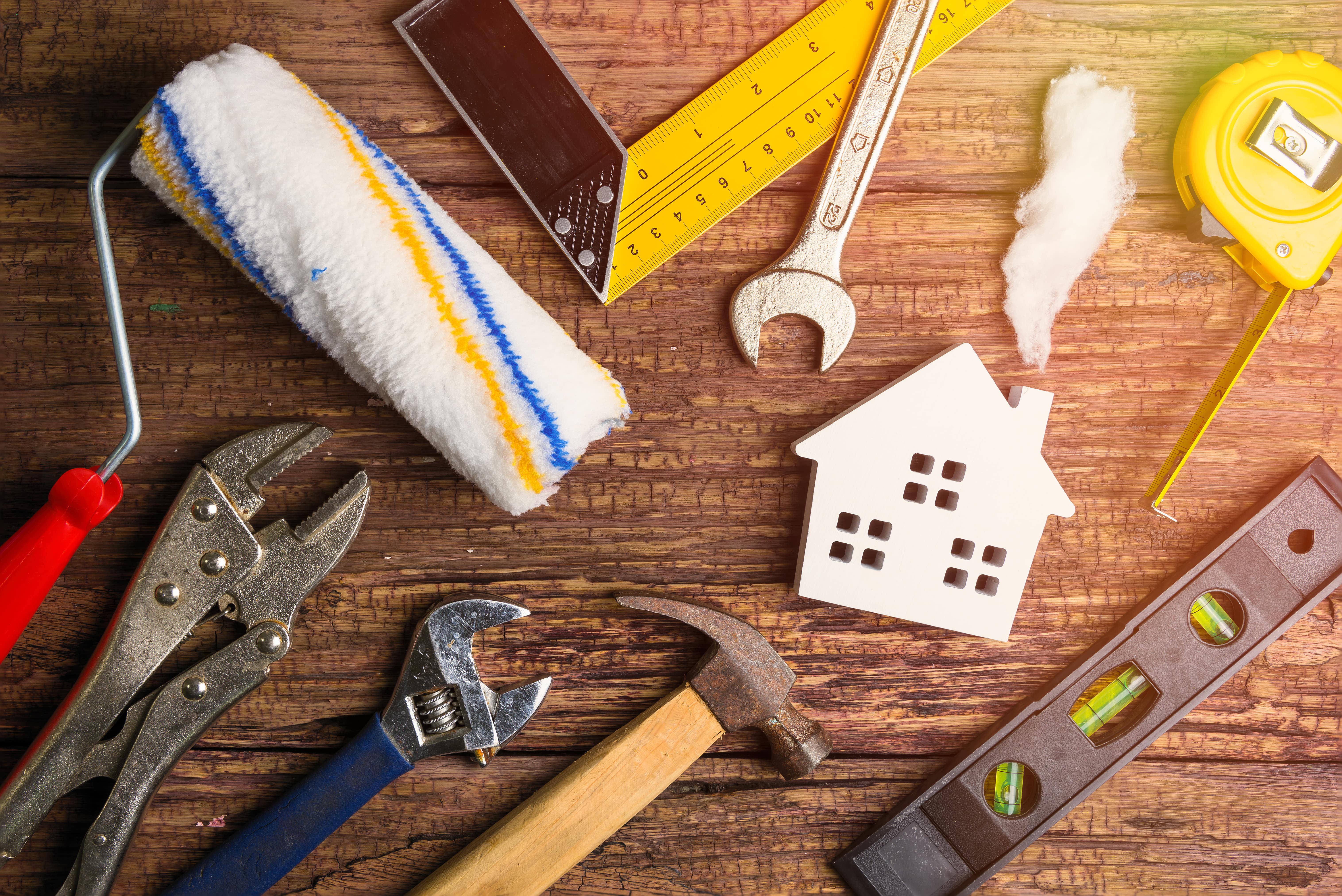8 Things to Consider Before Starting an Electrical Project
Any electric work that is needing to be done, should be done by a Licensed Electrician.

Your home is full of electrical projects both big and small. With more and more technology in our homes the need for electricity and electrical upgrades keeps climbing.
But these projects require careful planning, good safety practices and the ability to work within your existing system.
1) Know Your Own Grid
It’s important that you have an idea about the services available in your home. Are you working with a breaker panel or a fuse box? How are the rooms and appliances wired? Much of this information can be gathered through simple tests of your breakers/fuses or by having an electrician in to inspect your home.
2) Consider Labeling Everything
This is a trick that will save you plenty of hassle for the rest of the time you live in your home. Label the breakers/fuses, label the wires if you can get at them and even label the major switches in utility rooms and outside the house. Don’t trust your memory or rely on a sketch filed away.
3) Understand the Basic Electrical Codes
Get a copy of the household electrical code for your region and read it through. This will give you an idea of the loads and limits allowed and should guide you through the basics of wiring, switch replacement and lighting installation.
4) Read the Installation Instructions Thoroughly
When you are installing or replacing a light fixture, built in appliance, switch or outlet be sure to read through all of the instructions that came with the product. Pick up a good DIY electrical manual to help you complete the project safely and efficiently.
5) Always Turn Off the Power
When working with electricity, always turn off the main power before you start. Don’t take any chances. Use battery powered flashlights or flood lights to illuminate your work area if necessary and be sure the power has been switched completely off.
6) Think About the Condition of the Materials
You may be tempted to reuse old wiring, switches and components to save money and time shopping for new material. Although it is possible to do at times, you can never be certain of the quality unless you have picked up the material yourself. Electrical supplies are not generally expensive and it’s a good idea to start each project with unused materials.
7) Work Through Your Lighting Needs
For additions, renovations and redecorating, you will usually be adding new light fixtures. Sit in the room and get an idea of what type of lighting you’ll need, where it should come from and where the switches should be. Consider traffic flow, the activities being done in the room and future use.
8) Get a Permit
Many regions require that homeowners get an electrical permit when they are adding a new panel, replacing the wiring or any other major electrical work. It will be an added cost and usually requires inspections, but this step will protect you and make your insurance company happy.
Always be careful when taking on electrical home improvements. Even skilled professionals practice safety while doing their job and always leave their work site neat and tidy. Plan well, do your homework and work carefully. Your electrical project will go much smoother and result in a brighter, more powerful result.
Handy Canadian Inc does not warrant the accuracy, completeness, safety, legality or usefulness of any Content.
Source : Handy Canadian
Information that is being provide is for Educational Purpose, Any electric work that is needing to be done, should be done by a Licensed Electrician.



